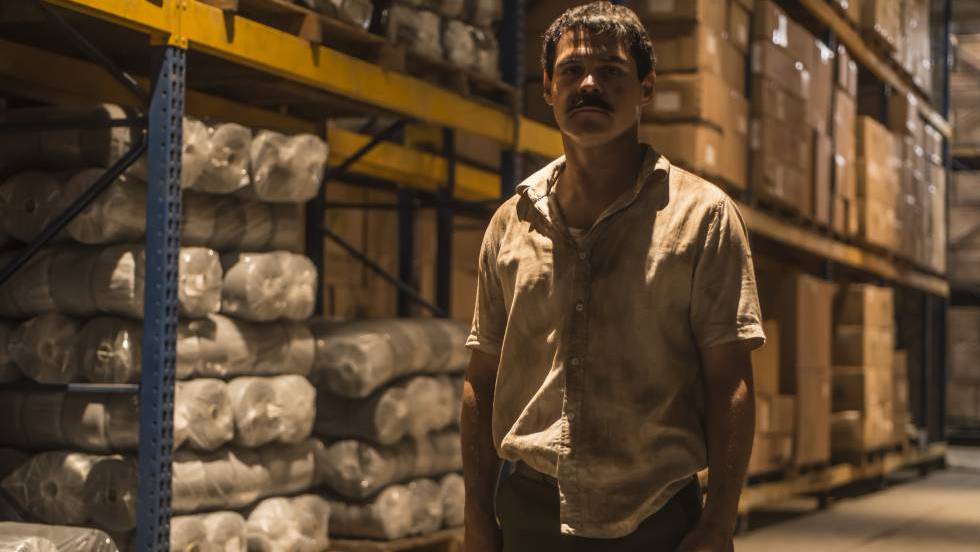Recently “El país” newspaper reported that Univisión and Netflix have created a miniseries about rise and fall of Mexican drug lord Joaquín Guzmán, so you don’t miss this new TV success!…
Joaquín Guzmán Loera, a notorious Mexican drug lord better known as ‘El Chapo,’ had long dreamed of seeing a movie made about his own life. But these plans seemed to hit a wall after the leader of the Sinaloa cartel was captured a third time in January 2016, sent to a maximum security prison, then extradited to the United States, where he awaits the thing he fears the most: being tried by a US court.
But as the dreaded day approaches, El Chapo can take comfort in the fact that his plans to see his story appear on screen, at least, are working out. The US-based Hispanic network Univisión and the streaming media distributor Netflix have joined forces to create a miniseries about the rise and fall of the man who was once the most powerful and wanted kingpin of the drug world.
https://youtu.be/85cjVSS72a8
The Mexican actor Marco de la O had mixed feelings when he got the call about playing the part of El Chapo in the miniseries. “I hadn’t realized that I looked like him, either a little or a lot,” he explains.
The actor called his wife and explained about the audition. “Yes, you do look like him,” she confirmed. So he shaved his beard, left the mustache, and put on a colorful shirt of the type favored by the drug lord. The character was starting to take shape. De la O, who has made a name for himself in theater and in television soap operas, accepted the challenge of embodying an individual who triggered passionate reactions wherever he went, both good and bad.
The nine-episode production premiered this past Sunday on Univisión, and will be available on Netflix in a month. Directed by the Mexicans José Manuel Craviotto and Ernesto Contreras, it will try to explain how a Mexican boy from a humble family ended up heading a criminal organization that handles close to $8 billion a year.
Click here to read the full article
Source: http://elpais.com/

